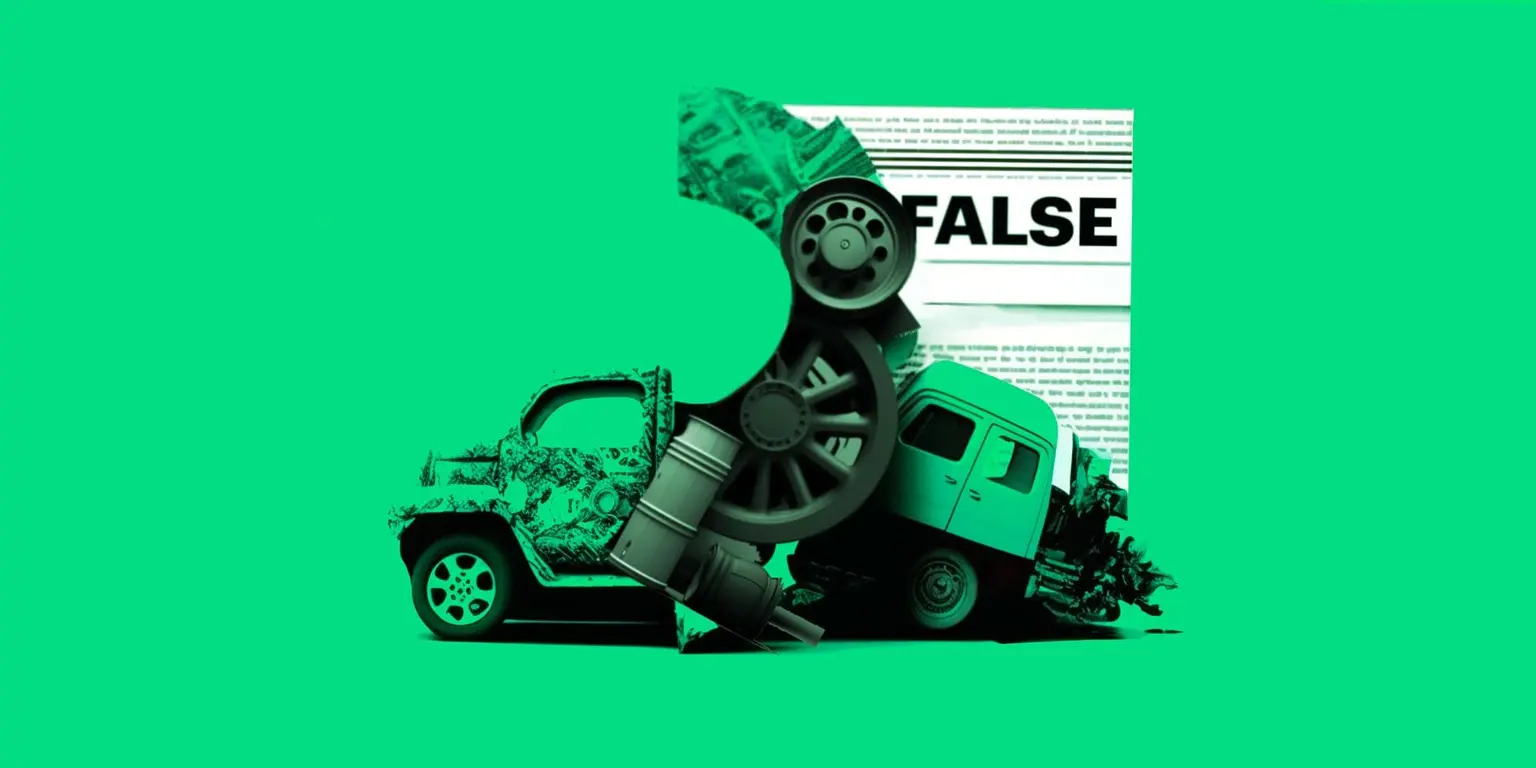From designing invoices to insuring already damaged items – here are some examples and consequences of insurance fraud.
When you read the term “fraud”, you immediately think of a serious white-collar crime with major consequences. Like the kind of levels Mike, in Suits, went to to convince people he was a lawyer. Or Anna Delvey in Inventing Anna swindling her friends in exchange for a lavish lifestyle.
You don’t associate it with your neighbour telling a little white lie to their insurer about how their phone broke, or your brother not telling their insurer about having their previous insurance cancelled. But these are in fact fraud and doing these things can land you in a lot of serious trouble.
Here are 8 things you might not know count as insurance fraud that could have serious consequences.
1. Small lie about your insurance history
It might be that you told your new insurer that you had one claim with your previous insurer when you actually had three. Or that you didn’t mention that your previous insurer actually cancelled your cover.
2. Stretching the truth when you provide details about the thing you’re insuring
An example of this is putting your name down as the regular driver (the person who drives the car most of the time) instead of your 18-year-old son to pay a lower premium. Or you might say that your home has burglar bars and security gates on all the windows and doors when in fact it doesn’t.
3. Not doing all you can to prevent loss or damage
Something like accidentally leaving your AirPods in the seat pouch on the aeroplane and deciding, rather than going through the hassle of contacting the airline or going back then and there, you’ll just claim from your insurer. Or leaving your cell phone in the gym locker while you workout without a lock on the door.
4. Small lie about the claim’s circumstances
For example, you tell the insurer that you were driving the car at the time of the accident when it was actually your husband or that you only had one drink at the bar before getting into your car or that you parked your car behind a locked gate when it was actually parked in the street.
5. Insuring things that have already been damaged
For example, insuring your phone that already has screen damage or the car that you have already bumped in the underground parking and claiming for the damage after you’ve had your cover for a couple of months.
6. Exaggerating the size of your loss
Instead of only claiming for the things that were stolen after a break-in, you add a couple of extra items to the claims list because you want new sneakers and a Kindle. Or you might want to upgrade your television to one that’s a bit bigger. This might be tempting and you might think you are not really impacting anyone else or doing anything wrong. But it does affect everyone on the insurer’s book with increased premiums.
7. Creatively ‘editing’ or ‘creating’ quotes or invoices to prove ownership
Your insurer will ask for proof of ownership of the thing you’re insuring, usually in the form of invoices. If you don’t have one you might be tempted to flex your design and editing skills to create something. Rather tell your insurer so that they can allow you to prove ownership in alternative ways.
8. Paying for your insurance with dirty money
This is when you knowingly pay your insurance premiums with money you got through illegal or fraudulent activities. Your insurer would immediately cancel your policy back to inception, plus you would be reported to FICA and added to the insurance database for fraudsters.
But what’s the big deal?
There are varying degrees of consequences depending on what exactly you did and how serious it was. First, it could impact you personally:
- Your claim could be rejected leaving you to cover the loss out of your own pocket.
- The insurer could cancel your policy from inception.
- If a lie you told resulted in a lower premium and this comes to light at the claims stage, the insurer will reduce your payout by the amount you underpaid from the time you took out the policy.
- You could be added to the insurance fraud database, which will make buying cover in future really tricky.
- You could be reported to the police or FICA and you could even be sued by your insurer.
Your fraudulent behaviour also affects everyone else buying insurance. It increases the overall cost of claims and it also takes time and money to prevent and detect fraud. Both of these lead to longer claims processes and higher insurance premiums for everyone. Making insurance unaffordable for many people who are financially vulnerable and really need protection.
There might not be bad intentions behind any of the actions we’ve listed above but the consequences of them aren’t nice and can be serious. It’s always best to ask your insurer if you are ever unsure about processes or details of your cover.
